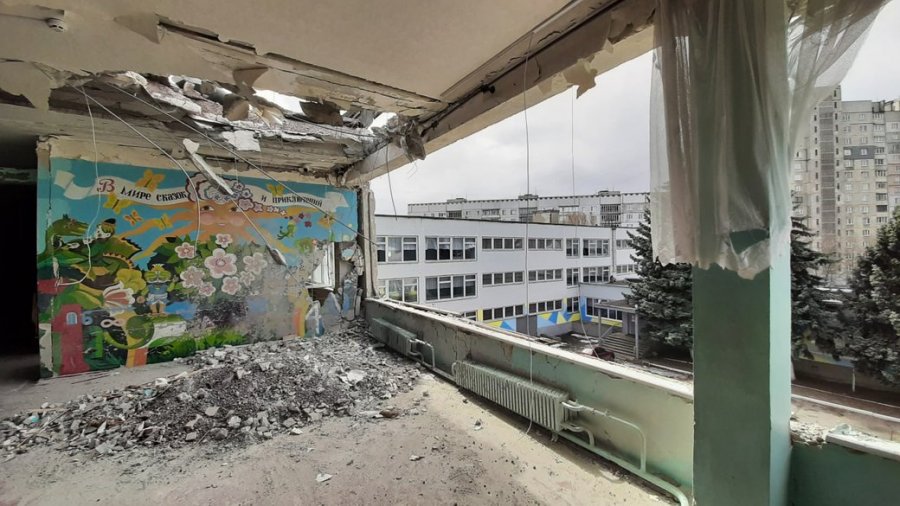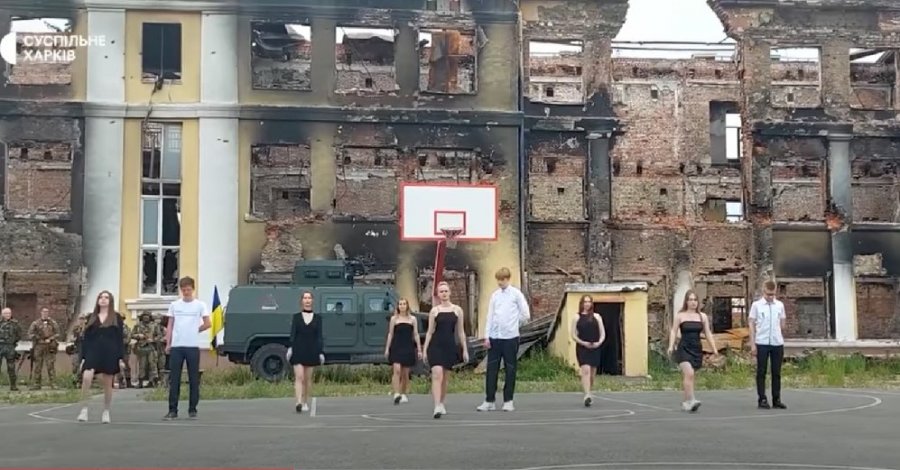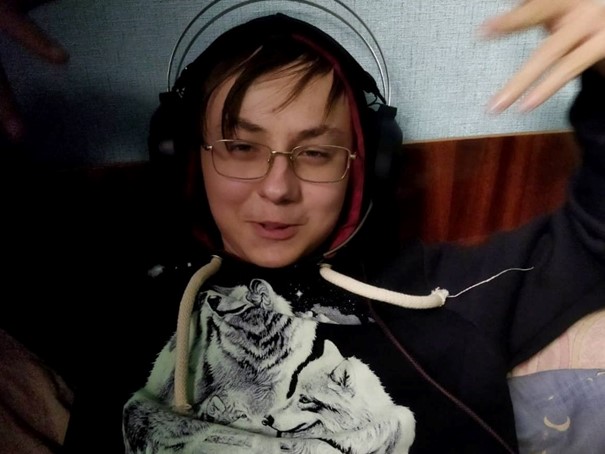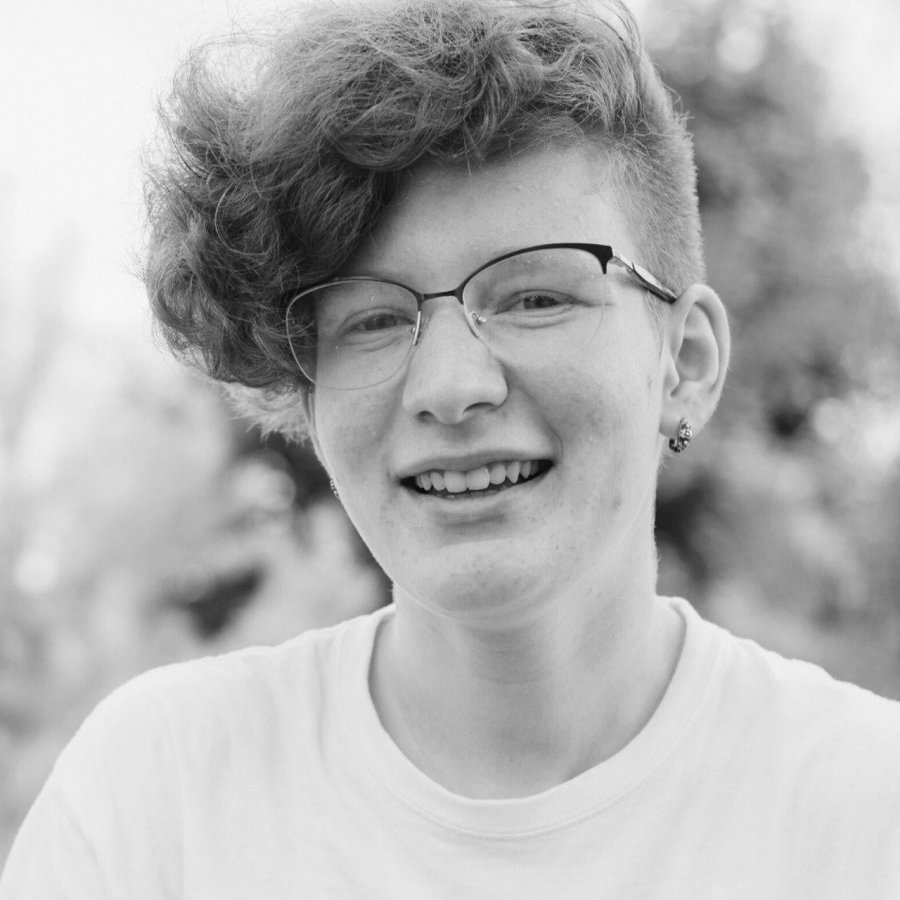Russia 'demilitarizes' Ukraine by killing at least 45 children and bombing over 200 schools in Kharkiv region alone

A video went viral in early June of young graduates from School No. 134 in Kharkiv holding their school-leaving ball amid the ruins that the Russian invaders had left of their school. Like young people their age in other countries, the 11th grade students had been looking forward to their graduation ball and had been planning the clothes they would wear and their dances from the beginning of that last, fateful, schoolyear. Then the Russians began their full-scale invasion, with their school one of the first to be bombed on 27 February.

It is good that people throughout the world watched that poignant waltz, but worth remembering that the reality for so very many Ukrainian families is even more stark. As of 15 June, at least 45 children in the Kharkiv oblast had been killed as the result of Russia’s invasion, with a further 128 physically injured. This does not include children who have likely been psychologically scarred for life, like the four-year-old girl who survived the Russian shelling of their apartment block in Zolochiv, because her mother had shielded her with her body and died doing so.

One of the victims was Denis Silievin, who was 15 years old and who had dreamed of becoming a computer programmer. He was killed by the Russian military on 5 May as he and his parents were trying to feed and help to evacuate animals from the Feldman Ecopark in Kharkiv which, like the rest of the Kharkiv oblast was under constant attack from the Russians.
The real number of casualties is also not known as there is no information from communities (hromady) currently under Russian occupation, and the real number of deaths is likely to be considerably higher.
In late May, Kharkiv Regional Governor Oleh Syniehubov posted photos from a visit to the village of Vilkhivka which had been seized by the Russians in the first days of the total invasion, and had been liberated by the Ukrainian Armed Forces on 27 March. In the space of around a month, the Russians had destroyed almost 90% of the homes in Vilkhivka and had left a guttered shell of what was once the school. Nor was that the end of the horror, since the Russians also left hundreds of mines for unsuspecting residents to kill themselves on.
It is worth stressing that Russia persistently repeats the claim that it is only hitting military sites and is not targeting civilians.
Neither residential buildings, nor schools can be possibly called military targets. During a press briefing at the Kharkiv Media Hub on 17 June, Anzhelika Krutova, Director of the Education Department within the Kharkiv Regional Military Administration, reported the above deaths and injuries of children, and added that nine school employees had been killed, including five teachers.

We should also remember Yulia Zdanovska , a brilliant mathematician who had, in 2017 won silver medal for Ukraine at the European Girls’ Mathematics Olympiad, competing with young women from 44 countries. Yulia was a graduate in computer science and had helped share her skills as a volunteer for the charity ‘Teach for Ukraine’. She refused to leave Kharkiv, despite the relentless bombing, telling her colleagues at ‘Teach for Ukraine’ that she was “staying in Kharkiv until we win”.
Before Russia began its full-scale invasion, there were 715 schools in Kharkiv oblast, with 230 thousand children of school age. Around 50% have left the oblast, with roughly half moving to other parts of Ukraine, and half going to other countries.
165 schools are in hromady that are currently under Russian occupation, and the situation there may only become clear after these communities are liberated.
With Russia mercilessly bombing and shelling Kharkiv and the region, by the end of the school year, virtually all schools had reverted to online education. 15 schools have been totally destroyed, with a further 186 so badly damaged that they cannot function as schools. At present, it is unclear what form education will take in the oblast from 1 September.





